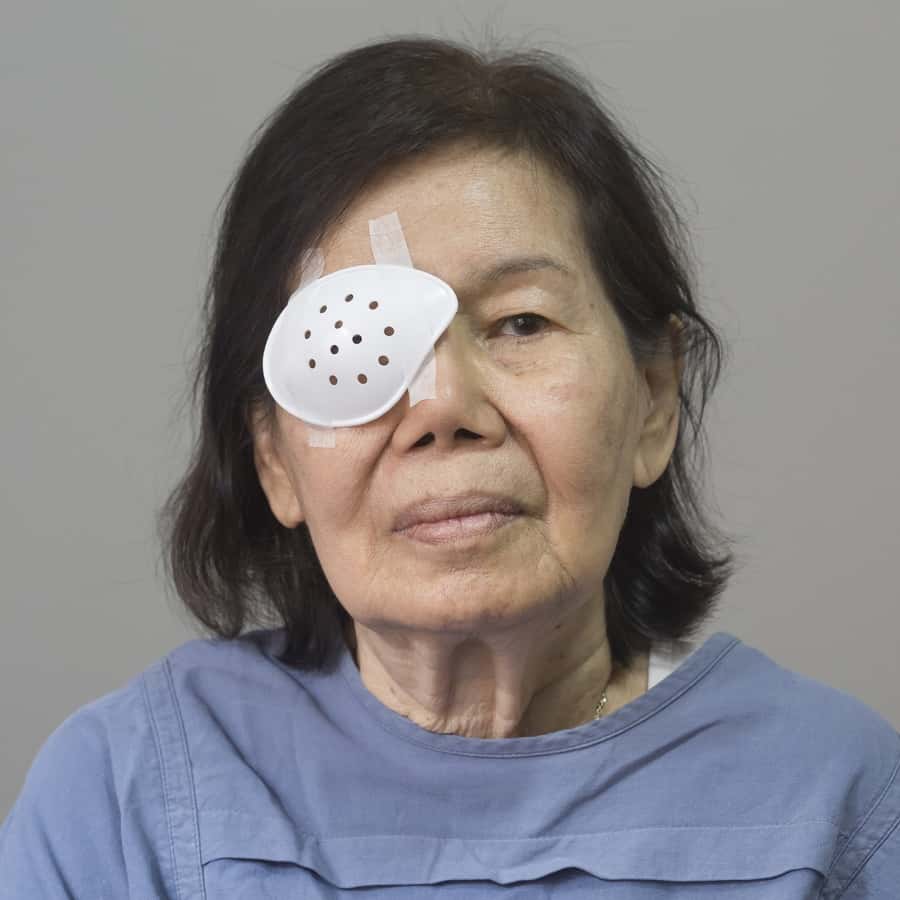
Cataract surgery is linked to longer life in older women. That’s the finding from the Women’s Health Initiative.
Taking Care of Cataracts:
This part of the WHI, a long-term prospective trial, tracked over 74,000 women who were 65 years or older with a diagnosis of cataracts. In this condition, the lens of the eye becomes cloudy, making it difficult to see clearly.
In the study, 41,735 women had cataract surgery between 1993 and 2015. Those who had the procedure were 60% less likely to die during the study (Tseng et al, JAMA Ophthalmology, online Oct. 26, 2017). They had fewer fatal accidents, cancer, vascular, neurologic, infectious and lung problems.
Why Does Surgery Help?
These results parallel those from other research. The technology for cataract surgery has been changing during the period of the study, so the operation is now quicker. In some cases, eye surgeons can address glaucoma, another serious vision-impairing disease, at the same time (Rabin et al, Current Opinion in Ophthalmology, online Oct. 23, 2017).
Perhaps people who get cataract surgery can see better and are thus less likely to fall or get into an accident. Possibly those who underwent cataract surgery have a more active lifestyle. They may be taking better care of their health overall, including taking a statin if it is indicated. (Statin drugs help protect the heart but increase the risk for cataracts.)
On the other hand, people who had this procedure may also be better off economically. Wealth has broad effects on health. Better vision and longer life seem like a winning combination.
Connecting Cataract Surgery and Statin Use:
The WHI study did not connect statin use and cataracts. Scientists have been debating the link between these cholesterol-lowering drugs and the risk of cataracts for decades. When these medications were first developed, scientists reported that dogs could develop clouded lenses on high-dose statins. At first, however, researchers were not convinced that humans would be susceptible.
A previous study from Taiwan involving more than 50,000 individuals enrolled in the National Health Insurance Database suggested that people taking statins are approximately 20 percent more likely to undergo cataract surgery than those not taking such drugs (Lai et al, Drug Safety, June, 2013). Canadian researchers have also reported that patients with diabetes who were taking statins were at nearly 50 percent greater risk of cataracts. The authors of the Taiwanese study recommend regular eye exams for patients on statins.
Read More:
You can read more about cataracts and other statin side effects here. Often scientists need to gather records from large numbers of people to find what side effects such popular medicines may have.

